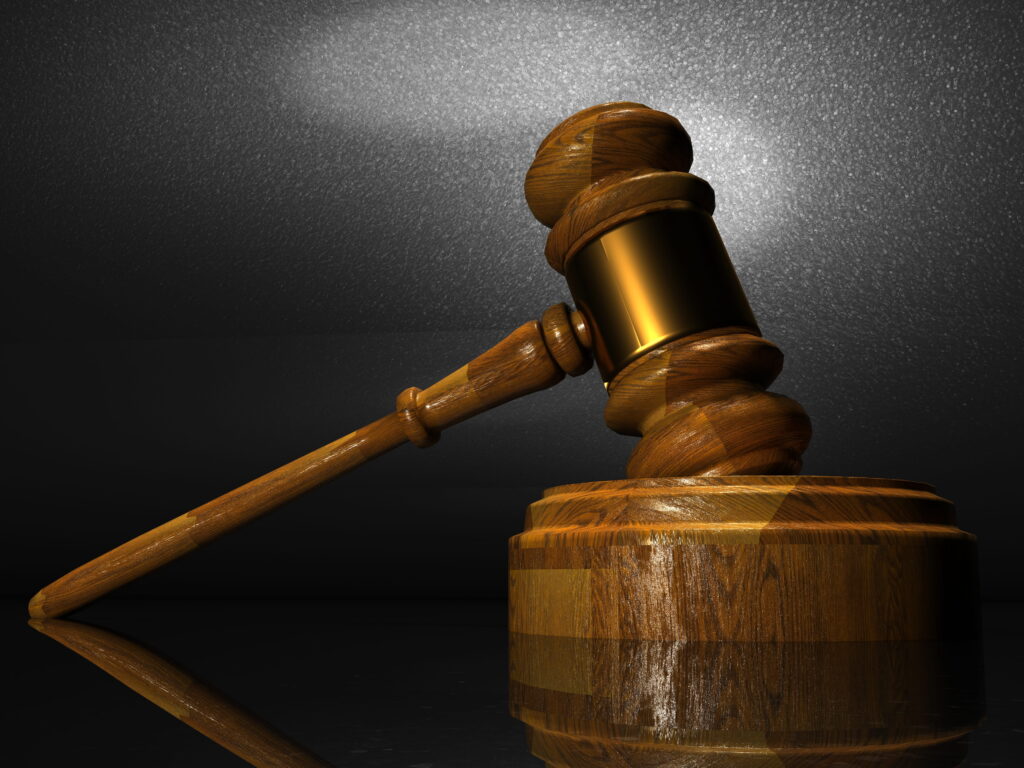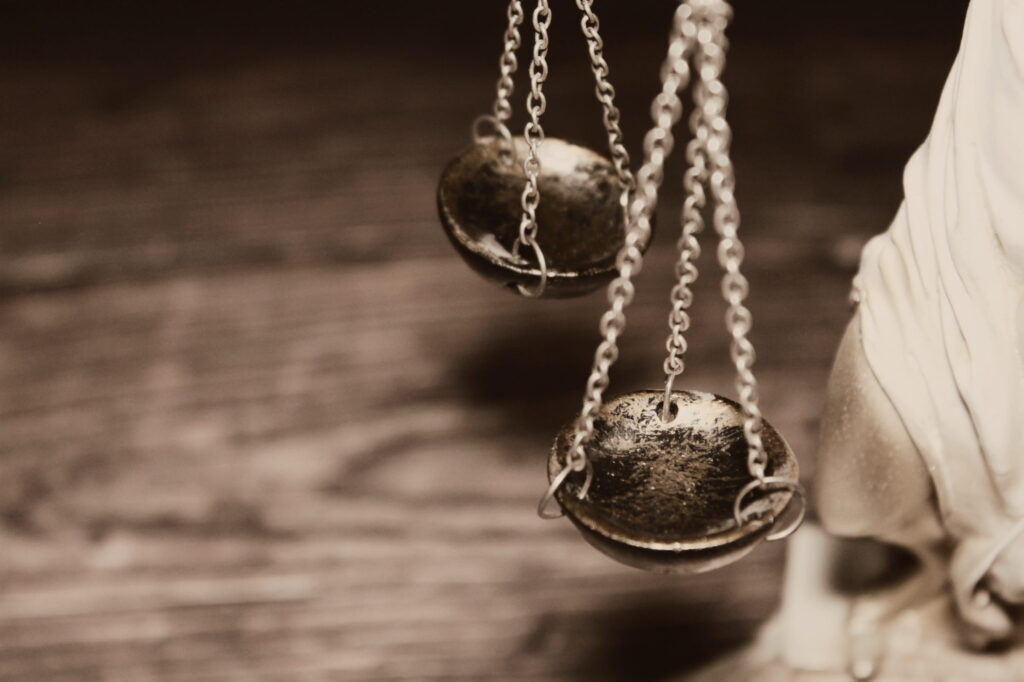
Online defamation will usually result from malicious, libelous, or inaccurate information posted online. You can encounter these on published online articles, websites, blogs, social media posts, comments, or reviews. Cyber libel would be best described as the act of releasing false accusations or hateful statements about an organization, a group, or a personality that may harm the person’s reputation directly or indirectly.
What is Online Defamation?

When suing the person liable for online defamation law, you will usually sue them for the damages rather than putting them behind bars; it is a civil case and not a criminal charge. There are two types of defamation; libel pertains to the fixed and written statement, while slander refers to the spoken testimonies. This article will only focus on libel since it is a fixed medium. There are specific requirements for a statement to be considered defamatory.
Online Defamation Should Be Published
It means that the person should make the statement in public. It does not necessarily mean that they must print it on books. Usually, all content online is considered published. Therefore, any malicious materials that are found on the internet could be a subject for online defamation of character.
It Must be False
A statement that can be proven as false and can logically harm the reputation of a group or individual is considered defamatory. You cannot consider personal opinions like ‘this is the worst pizza’ cyber libel since it would be difficult to prove whether this statement is true or false. It would be challenging to judge the taste of a pizza that someone has already consumed. However, the statement ‘They stole $300 from me’ is libelous. Aside from the fact that authority can easily prove this, people could be spreading it to damage reputation.
Online Defamation Is Injurious
The main goal of enacting the online defamation law is to compensate the affected individuals for any injuries or harm to their reputation. Therefore, when filing for a lawsuit, you will have to prove how the malicious statement has damaged your reputation. For instance, it may have affected your business, ruined your family relationship, or resulted in a job loss. Due to this, people who already have a bad reputation will not receive high compensation from filing a cyber libel lawsuit.
The Person Should be Unprivileged
In some instances, the person who posted the false statement is immune from an online defamation of character lawsuit. For example, when some people have the aim to warn others about something that could be dangerous.
Is Filing a Lawsuit the Best Way to Deal with Online Defamation?

When you want to remove online defamation, some people will think that the best possible approach is hiring a lawyer specializing in libel. Actually, it will depend upon the person’s unique situation. In some cases, filing a lawsuit could be an excellent strategy, even if the result is rarely enough. Perhaps you may win the law battle, but that may not be enough to stop the malicious post from spreading all over the internet. You must consider several factors if you are planning to take the legal path, such as your reputation strength before the internet defamation occurred. It would be best to think about how much time you are willing to devote to this lawsuit.
Filling Lawsuit Can Lead to Streisand Effect
Streisand Effect is a situation when your attempt to cover some sensitive information will end up revealing or amplifying it. It is often the case when the information is gossip-worthy and scandalous. Perhaps the defamation has not yet gained the public interest. Once you take the legal route, local news outlets will pick up the information that can stimulate the public’s interest. The report will spread much faster, and more people could become aware of the negative remark. Thus, you may end up doing more harm if you choose this path.
Lengthy and Expensive
Before you decide to hire the service of a legal expert, be sure that you have the time and the money to handle it. First, it could be pretty tricky to determine the person who is trying to defame you. Moreover, it will also be challenging to prove that a person has engaged in this activity. Also, you can’t force the website to take down the negative remark about you. Most sites will not be liable for the post made by their users.
What Are Some of My Non-Legal Options to Deal with Online Defamation?

Whether you take the legal route or not, you will soon find out that you will have to make some non-legal actions to neutralize the effect of the negative post. You may also have to hire a reputation management expert to reduce the visibility of this statement online. Here are some of your best options.
Ignore the Statement

Ignoring online defamation does not necessarily mean not responding to it. It would be better to take the conversation away from the prying eyes of the public. Ignoring helps you avoid getting more than the necessary attention. It would be a perfect approach to a type of defamation with an insignificant impact on your life. If this will not pose harm to your living, you should consider taking this approach. For instance, it could be one customer review saying that ‘you are not accepting returns.’ In such cases, the defamer will be seen as a random troublemaker, and their information could be unreliable. Most consumers can easily spot a review that a malicious person posted. Also, if you have an extensive collection of 5-star reviews, you can easily drown the negative review from a sea of positive reviews.
Responding to the Defamatory Remark

Public response to the online defamation of character is an excellent way to challenge the statement. It could be a powerful method to defend your reputation and prevent it from sullying your good name. Responding publicly is also helpful in controlling the spread of false accusations. It would be the best approach to defamation that can damage your personal life and career. For instance, a charge related to criminality can significantly harm the reputation of your business. In this situation, failing to respond on time can be accepted as an admission of your guilt. Regardless of how rude or hostile the defamer is, it would be best to maintain a polite and professional demeanor. It is a way to demonstrate to the people reading this that you have nothing to fear and hide. People will quickly think that you are more believable and credible.
Attempt to Have the Statement Deleted

With this approach, you will be asking the site owner to remove online defamation content. You could also reach out to the editor, the webmaster, and anyone who has the authority to manage the website’s content. It would be a great approach if you received massive and documented damage from someone’s defamation, but you failed to win the lawsuit. Therefore, you may not be in possession of the court order instructing the website to remove the malicious remarks. This option will often be practical and effective since most platforms will have a policy that prompts them to remove any content that will violate their regulation. For instance, Facebook has been committed to taking down content that may encourage real-world damage or harm.
Suppressing the Result

Suppression is the process of manipulating the search result to push the defamatory content down the bottom page of the Google search result. It is a service that reputation management agencies like Reputation Treatment offers. In this method, the agency will perform a comprehensive analysis of your online reputation. Once they have a clear insight into your reputation, they will devise a suppression strategy, such as posting quality and updated content. By posting this strategically on various websites, you are sending signals to Google that your content is valuable and will rank them higher on the search result. They may also implement an SEO strategy that will further promote positive content.
How Do You Manage Your Reputation After an Incident of Online Defamation?

After an incident of online defamation of character, you will probably have to handle a series of similar incidents. You may need to hire a team that will monitor all channels to control the content. There should also be people who will actively engage and resolve the issue. Providing the necessary support can also be beneficial in reducing the after-effect of cyber libel.
DMCA Takedown
There are some cases when online defamation law will include the violation of copyright. Therefore, you may file a report under the DMCA (Digital Millennium Copyright Act) and have the content removed. This procedure also includes sending a notification to the service provider, the internet service provider, search engine, or the web host provider. There are several measures that you may need to take before the content is removed.
Consistently Monitoring Your Online Reputation

As we mentioned, there will be people who will come across this issue and post wrong information about you or your company. Therefore, you will need a team that will constantly monitor your online reputation, and this should be more than just doing a random Google search. Reputation Management agencies use programs capable of tracking information on thousands of sites and handling a massive volume of data designed to monitor information, negative complaints, customer perception, and mentions. Having access to these tools can provide you a powerful tool against malicious comments. When looking for a program, make sure that they have these features.
- Monitor the mentions and comments of individuals.
- Whitelist and Blacklist sites. Ability to check if the site has been blocked due to spam content.
- Filter-The program should come with an option to filter and organize the data.
- Google Monitoring- It should allow you to monitor the Google search result on critical keywords in real-time.
- Social Media Monitoring- The tools should support different social media platforms, allowing you to track all brand mentions.
- Sentiment Analysis- It should come with an AI program that analyzes the perception of your target market. It should enable you to see whether the public’s sentiment is gravitating towards the negative or positive.
Improve Your Social Media Authority after Online Defamation Case

Online defamation will occur more frequently on social media. You must have a social media strategy and a team that will manage your social media presence. As long as you do it appropriately, social media can be an excellent platform to build your reputation. However, it can also transform into your PR nightmare. People will publish billions of tweets and posts on various social media every day. Look for a tool that can provide you with listening ability on multiple keywords that will streamline the process.
How to Deal with Online Troll and Haters

If you have been a target of online defamation of character before, you can also be the target of haters and trolls. Trolls can post a series of defamatory remarks to capture attention. Before you know it, it will start trending online, and a mob of netizens has already been calling for a backlash and boycott. Before this happens, you need to have a PR team who will respond promptly to these statements. If you have a comprehensive crisis plan, your response will be destined to make the situation better. Ideally, you should also have a solid reputation management strategy to deal with the mob.
When removing online defamation, taking the legal route is not your only option. In some instances, it can even make matters worse. With ReputationTreatment, we can offer you a better solution that will mitigate the harm of a malicious statement. We have designed a systematic, practical, and comprehensive system to improve and protect your online reputation. We will be your first defense against these groups or individuals who are out to harm your reputation.